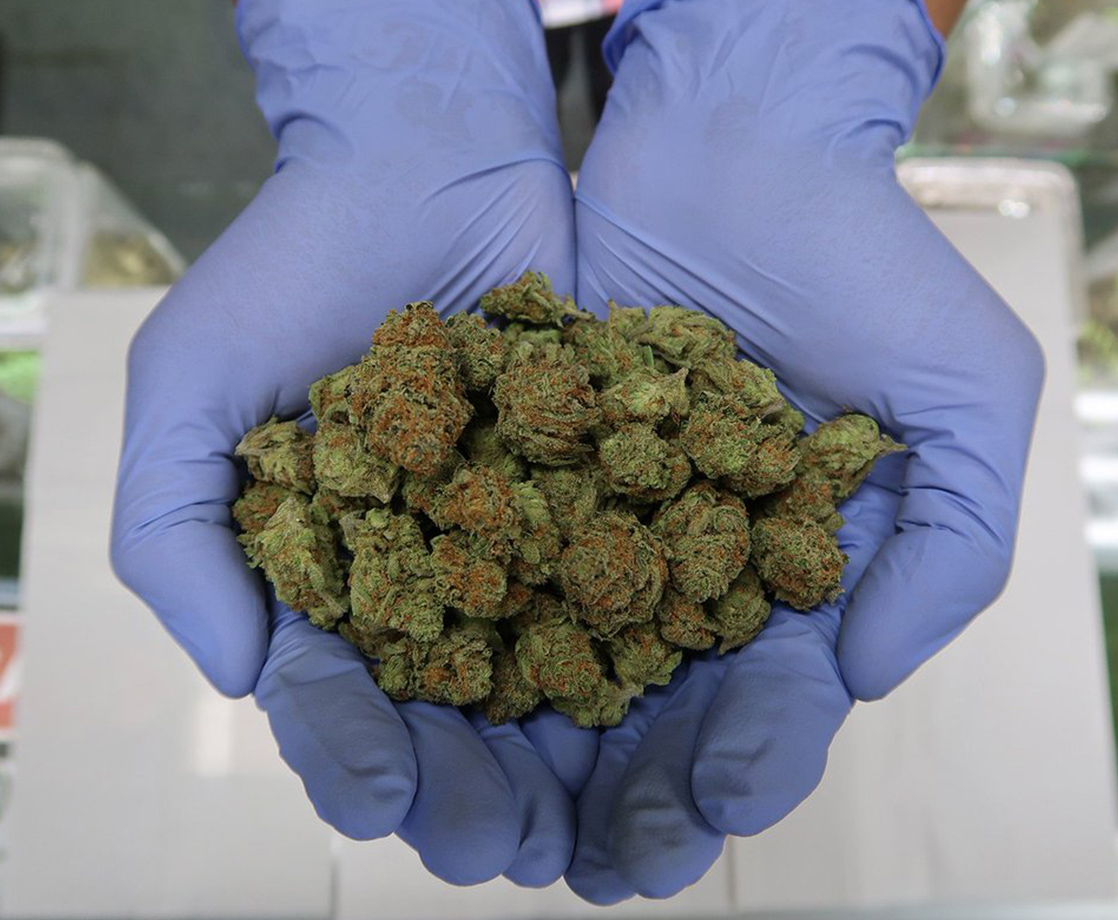Although there was a great deal of faith that the medical marijuana protections known as the Rohrabacher-Farr amendment would be renewed, without issue, for inclusion in the 2018 federal budget, a House committee recently made the decision to block the rider – putting cannabis operations and patients at risk of being harassed next year by the DEA.
On Wednesday, the House Rules Committee opted not to allow these protections to go before the full chamber for a vote. It is a move that could end up sabotaging the quasi-safe zone that the medical marijuana community has enjoyed since 2014, as a spending budget without the language of Rohrabacher-Farr would give the Justice Department the freedom to investigate, raid and prosecute people and businesses connected to the medicinal cannabis trade.
The committee’s decision not to support the protections comes just days after California Representative Dana Rohrabacher, one of the originators of the amendment, penned an op-ed for The Washington Post reminding his Republican cohorts “If we bury state autonomy in order to deny patients an alternative to opioids, and ominously federalize our police, our hypocrisy will deserve the American people’s contempt.”
But Rohrabacher’s words were not enough to persuade House Republicans.
Immediately following the rejection, Rohrabacher and his partner in crime, Oregon Representative Earl Blumenauer, criticized the committee’s cavalier attitude towards the medical marijuana community.
“By blocking our amendment, Committee leadership is putting at risk the millions of patients who rely on medical marijuana for treatment, as well as the clinics and businesses that support them,” the lawmakers said, according to NORML. “This decision goes against the will of the American people, who overwhelmingly oppose federal interference with state marijuana laws. These critical protections are supported by a majority of our colleagues on both sides of the aisle. There’s no question: If a vote were allowed, our amendment would pass on the House floor, as it has several times before.”
However, it is important to understand that the House’s decision not to support the medical marijuana protections does not immediately put the issue down for the count.
A similar protection was supported earlier this year by the Senate Appropriations Committee, which means the issue still stands a chance at being hashed out by a joint conference committee.
But if Congress does not come to some kind of agreement over the amendment in its final spending bill, there is a good chance that “millions of seriously ill patients and the legitimate businesses that provide them with safe access to their medicine will be at risk of prosecution,” said Don Murphy, director of conservative outreach for the Marijuana Policy Project.
House Republicans also rejected a number of other marijuana–related amendments, including one that would allow banks to work with the cannabis industry.
The overall message on Capitol Hill is, despite majority support from the American population on the marijuana legalization issue, Congress is still far from ready to support the cause.











